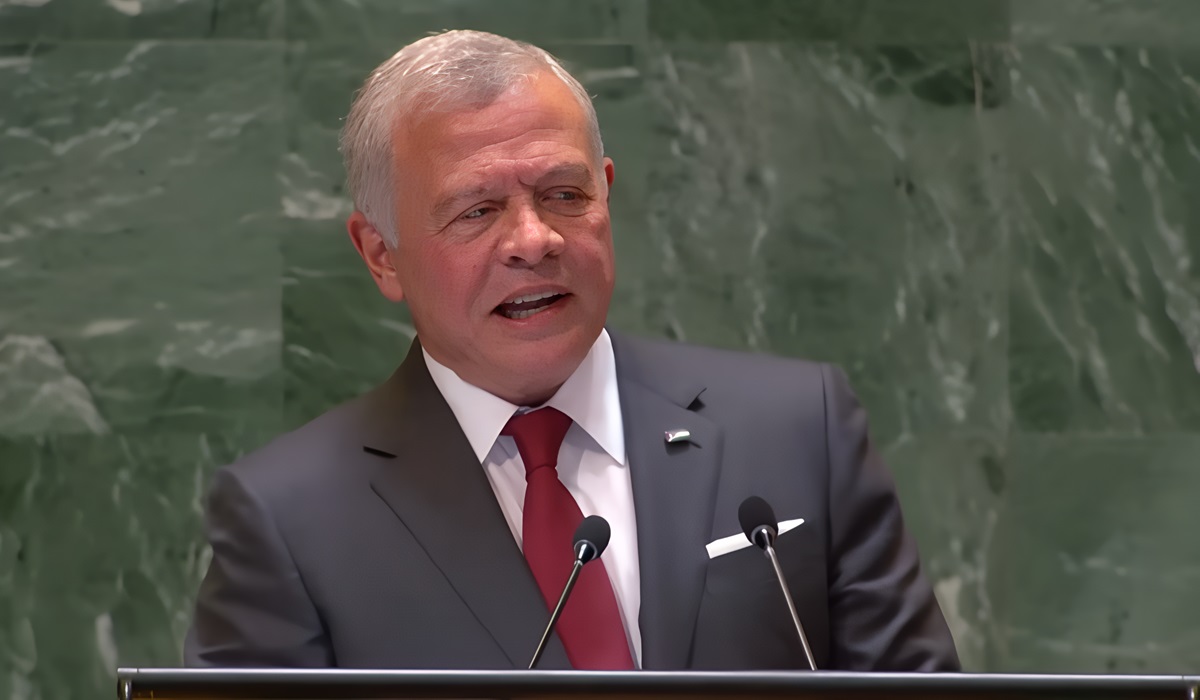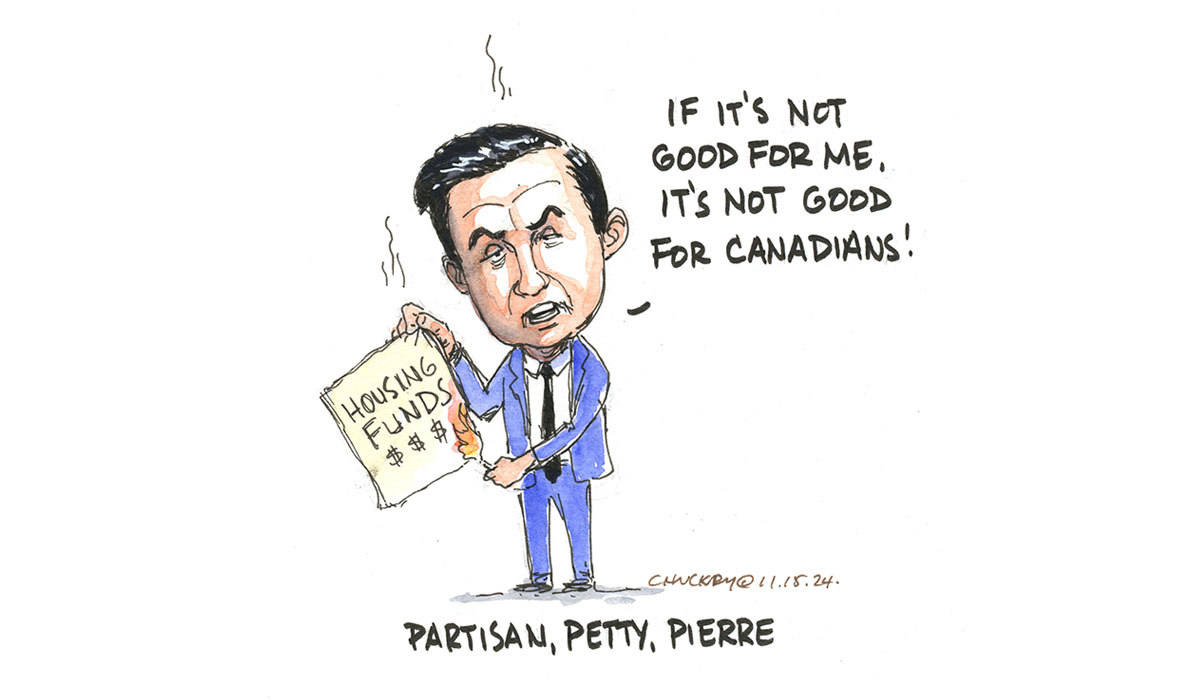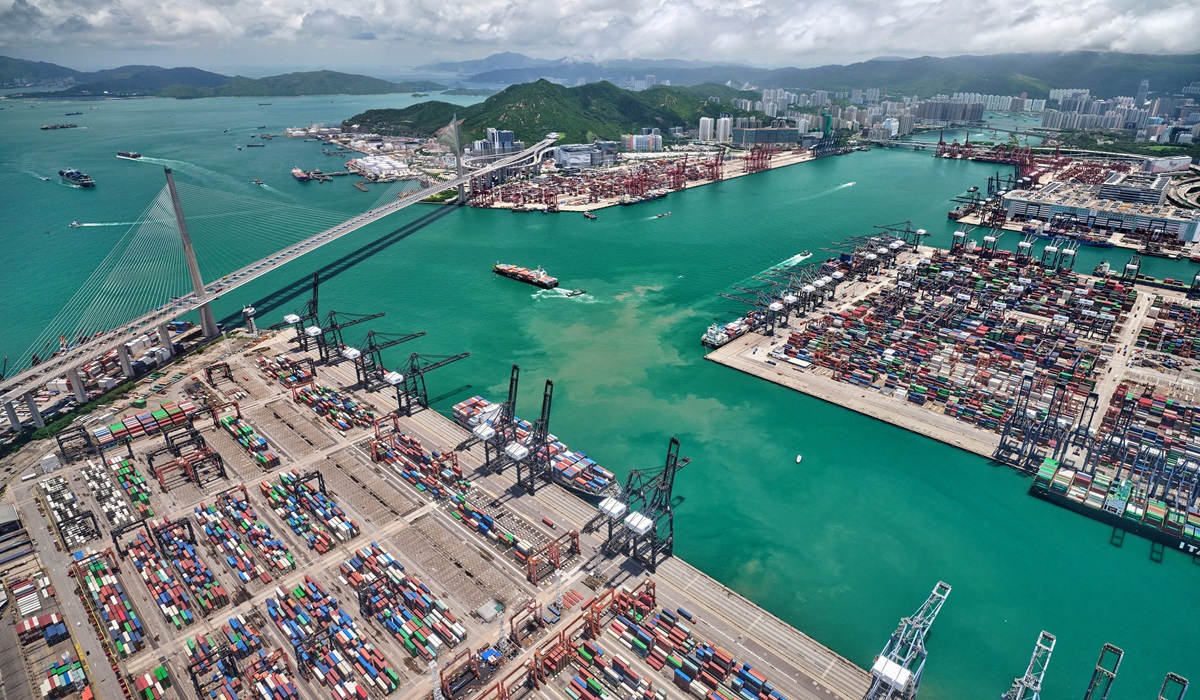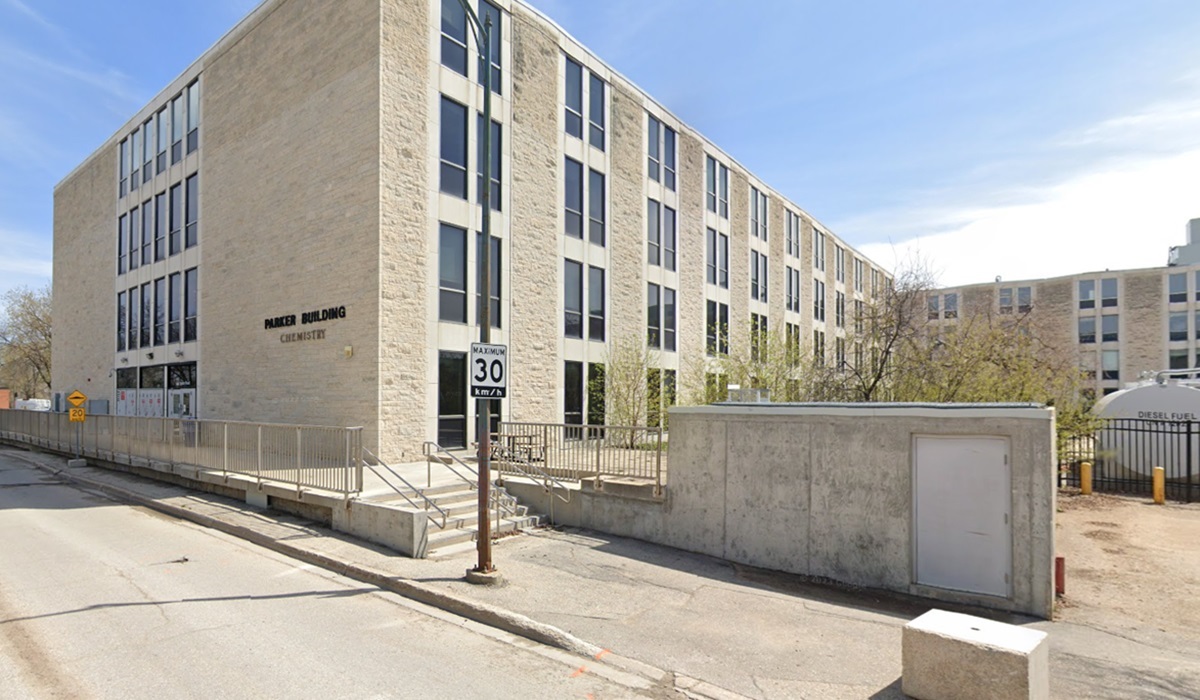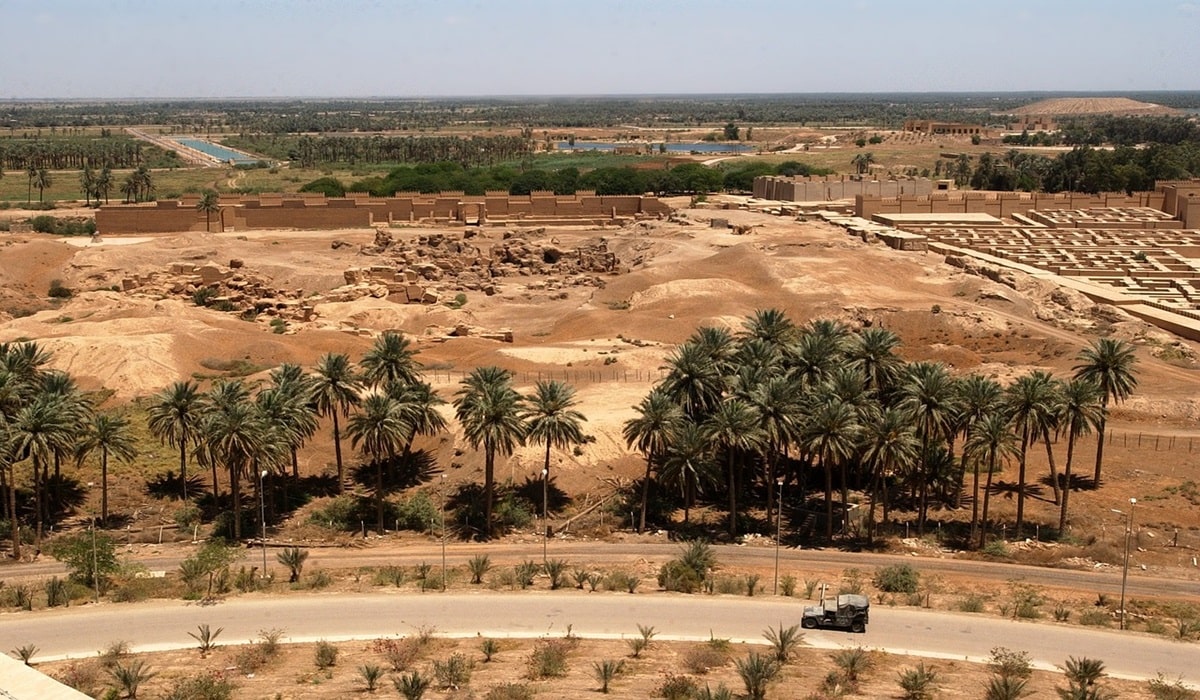Robert Falcon Ouellette Wins CBC’s Live Mayoral Debate
- TDS News
- Western Canada
- Breaking News
- Elections
- Trending
- October 20, 2022
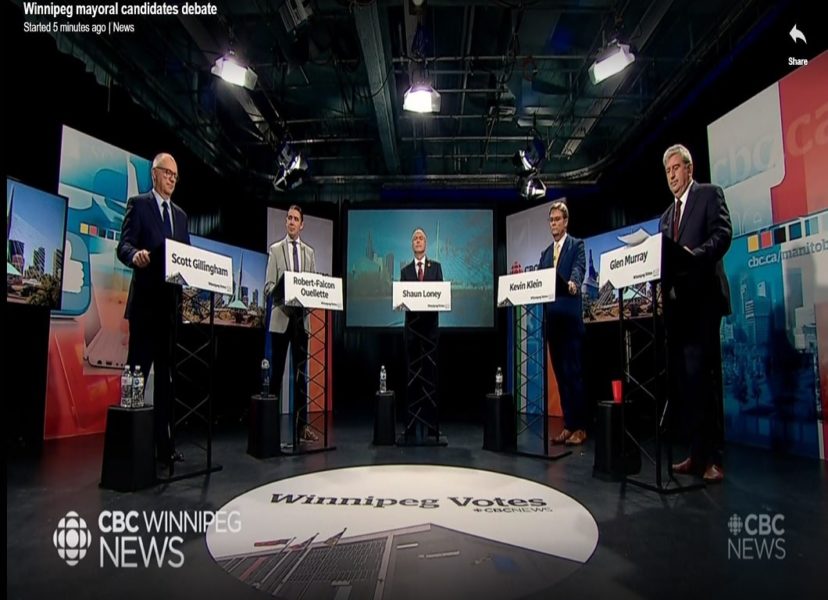
Previous front-runner candidates spoke with low energy and lacked excitement, which calls into question their front-runner status
Last night’s C.B.C televised Winnipeg Mayoral debate among the selected candidates that polled 10% or higher had a clear winner; Robert Falcon Ouellette. He was poised and spoke confidently and passionately about the type of city he wanted for all Winnipegers. But he also did something no other candidate did: listened. While candidates spoke over each other and made accusations and allegations, Ouellette listened.
The criticism politicians face too often is their inability to listen for the sake of hearing themselves speak. That being said, the moderator Marcy Markusa was fair and kept the debate moving on the track.
If elected, Mayor Ouellette would address the root cause of Winnipeg’s issues: crime, homelessness & poverty. His plan would include Supervised & Safe Consumption Sites, Prescribed Pharmaceutical Alternatives, Immediate Treatment and ongoing support for those battling addictions. His plan would also call on the Provincial, Federal and Indigenous governments to play a significant role in preventing, treating and helping with addictions.
As Mayor, he would work with the council and the Assessment and Taxation department to encourage the redevelopment of surface parking lots which are often a barrier to development and safety. The new assessment guidelines would assess these lots as if buildings still stood there, resulting in new revenue coming into the city.
He would freeze the Police budget and implement new ways of policing because the current model and approach to crime reduction are not working, nor does it make people feel safe, especially when riding the transit or working downtown.
The clear second-place finisher went to outgoing Charleswood-Tuxedo-Westwood City Councillor Kevin Klein. He, too, spoke with confidence and made his case for wanting to be the city’s top civic official. Klein’s overall solution to many of the city’s problems, from crime to downtown safety, was adding more Police. He added that Winnipeg has seen over 84 homicides in the last two years, and more policing in the downtown area is vital.
It’s important to note many of the other Mayoral candidates have stated their plan if elected Mayor is to freeze the Police budget and fire the current Chief of Police. In contrast, Klein sees more policing as an antidote; it does not address many of the underlying root causes of crime nor guarantees a safer community. Adding an even stronger show of force will increase a city budget that is already revenue challenged.
Following Klein at a distance, third place was self-described social entrepreneur Shaun Loney. He prides himself on his work building social enterprise businesses that provide employment opportunities for underemployed Indigenous people.
During the debate, Loney remained focused on job creation for the homeless community while taking multiple jabs at outgoing Councillor Scott Gillingham. At one point in the debate, Loney referred to Gillingham as the “Tax and Spend Politician.” He later scrutinized Gillingham’s plan to raise taxes by 3%, which he asserted he was hiding the actual cost to Winnipeggers. Loney further argued that Gillingham’s tax cost was more in the range of 7.5%. C.B.C. pundit Bartley Kives fact-checked both numbers and asserted Gillingham’s tax hike would be roughly 6.1% to taxpayers, double the amount reported by the outgoing Councillor.
At many moments during the debate, Loney looked nervous, often reading from his notes, and he lacked adequate eye contact, which didn’t feel like he was fully connecting with voters. Loney also consistently interrupted other candidates when it was their time to speak and was asked by the moderator to allow each candidate to answer without interruptions. In a recent interview with C.B.C.’s Marcy Markusa, Loney acknowledged one of the qualities he needs to work on is being impatient, which was evident.
Loney is a respectable businessperson, and his heart is in the right place for wanting to see meaningful change come to the city. If he had run for School Trustee or Councillor, he would have been a great candidate.
Coming in at fourth place was Scott Gillingham. As a two-term sitting Councillor, he did not rise to the occasion of a person wanting to lead the city. His energy was low, and he often appeared nervously lost for words when fielding questions from the other Mayoral hopefuls.
Gillingham fumbled a simple question on addictions when asked by the moderator what he would do to address the situation. Gillingham’s response was “lead with passion.” He elaborated when pressed, but his response was vague, and if elected the city’s next Mayor, he would not advocate for safe consumption sites.
Many medical experts and studies have shown safe consumption sites work and are a proven method for battling addiction. Anyone elected to be Mayor must be willing to look at every possible way available when addressing addiction. Gillingham had the luxury of being in a ward that did not have the same addiction issues as downtown. Still, as City Hall is located in the heart of the city, one would believe he would have a more “lead with passion” perspective on safe consumption sites.
Lastly was Glen Murray. The former Mayor looked tired and lethargic, and his energy was even lower than Gillingham’s. In a few polls of 600 or fewer respondents, Murray was the “front runner,” which we will analyze later.
Murray has had the privilege of being Winnipeg’s Mayor and did many good things for the city, which should not be discounted nor overlooked. But, we can not ignore the elephant in the room; he quit on its citizens. According to another Mayoral Candidate, Don Woodstock he is a “habitual quitter.”
Then there are the allegations made by Murray’s past colleagues, calling into question his character. Some of these allegations were first reported by C.B.C. of Murray being intoxicated at a work function, sexual harassment, making sexual innuendos in the workplace, physically assaulting a former employee and rubbing up against him, “pelvis to buttocks.” In addition to these allegations, former Caledon Mayor Marolyn Morrison had also made allegations of intimidation by the former Mayor when he was a Member of the Provincial Parliament in the Ontario Legislature. These are all allegations that Murray has denied. It’s essential to note Murray did offer an apology to the Pembina Institute for his leadership style.
During the debate, Mayoral candidate Gillingham accused Murray of having a pattern of unacceptable behaviour of accosting and abusing people. In light of the fact that the accusations against Murray have yet to be proven by a court of law, the moderator corrected him for his assertion.
In his response to the allegations, Murray took out what appeared to be a pre-written statement rehashing those already addressed. The vision Murray had for Winnipeg if Winnipeggers trusted him with the keys to the city one more time was lost while playing defence most of the debate. However, he said he would like to add more beat cops to patrol the city as one of his crime prevention initiatives.
Murray was the only candidate who said he would not raise taxes and is hoping the province will hand over 1% of their tax revenues to flip the bill for many of his campaign promises while increasing the city’s operating budget. The problem with that approach is that it can be seen as irresponsible and calls into question the feasibility of this plan.
Past Mayoral administrations have petitioned the Manitoba Provincial government to fork over additional revenues into the city coffers. They have all been unsuccessful; it would be alarming if he did not know this. Manitoba heads to the polls in 2023, and it is not a given the P.C government gets re-elected, nor would a Kinew N.D.P. government hand over hundreds of millions of dollars to the city without doing a thorough assessment of the provincial accounts.
If Murray were aware past administrations had approached the provincial government to hand over hundreds of millions of dollars and got denied, why would he take such a risk? Suppose he does get elected, and the province denies his petition for additional transfer payments, that would leave Winnipeggers on the hook to pay campaign promises, which would likely result in an unspecified tax increase.
Last night’s debate tells us that out of the 11 candidates running to be Mayor of Winnipeg; five voices were chosen to represent a city of over 800,000 citizens. Based on C.B.C’s criteria for selecting who makes it onto the live debate, candidates would have had to be polling within 10% of potential voters’ support. The problem with this is that the polling represented 0.0007% of Winnipeg’s estimated population. This means many ethnic and minority communities, which reflect a large portion of the city’s population, did not have their voices heard, nor were they represented in the live debate.
Polling has its purpose, but they are often wrong. Take, for example, In the 2014 election; according to polling, Judy Wasylycia-Leis was the front-runner to become Winnipeg’s next Mayor, and Bowman won. It is also important to note, Wasylycia-Leis had the endorsement from the major unions and still lost.
Time and time again, pollings are often wrong, and yes, they do get it right sometimes, but do people care? The people of Winnipeg are intelligent and can do their homework when deciding who is best suited to become its next Mayor. Based on the five candidates in last night’s live debate, Dr. Robert Falcon Ouellette is the best candidate to represent Winnipeg as its next Mayor.
The other Mayor candidates that were not present at last night’s debate are Rana Bokhari, Rick Shone, Don Woodstock, Chris Clacio, Idris Ademuyiwa Adelakun and Jenny Motkalkuk. Winnipeggers head to the polls on October 26, 2022.
The image source is taken from a screenshot of last night’s CBC online debate and credits any image to the CBC


